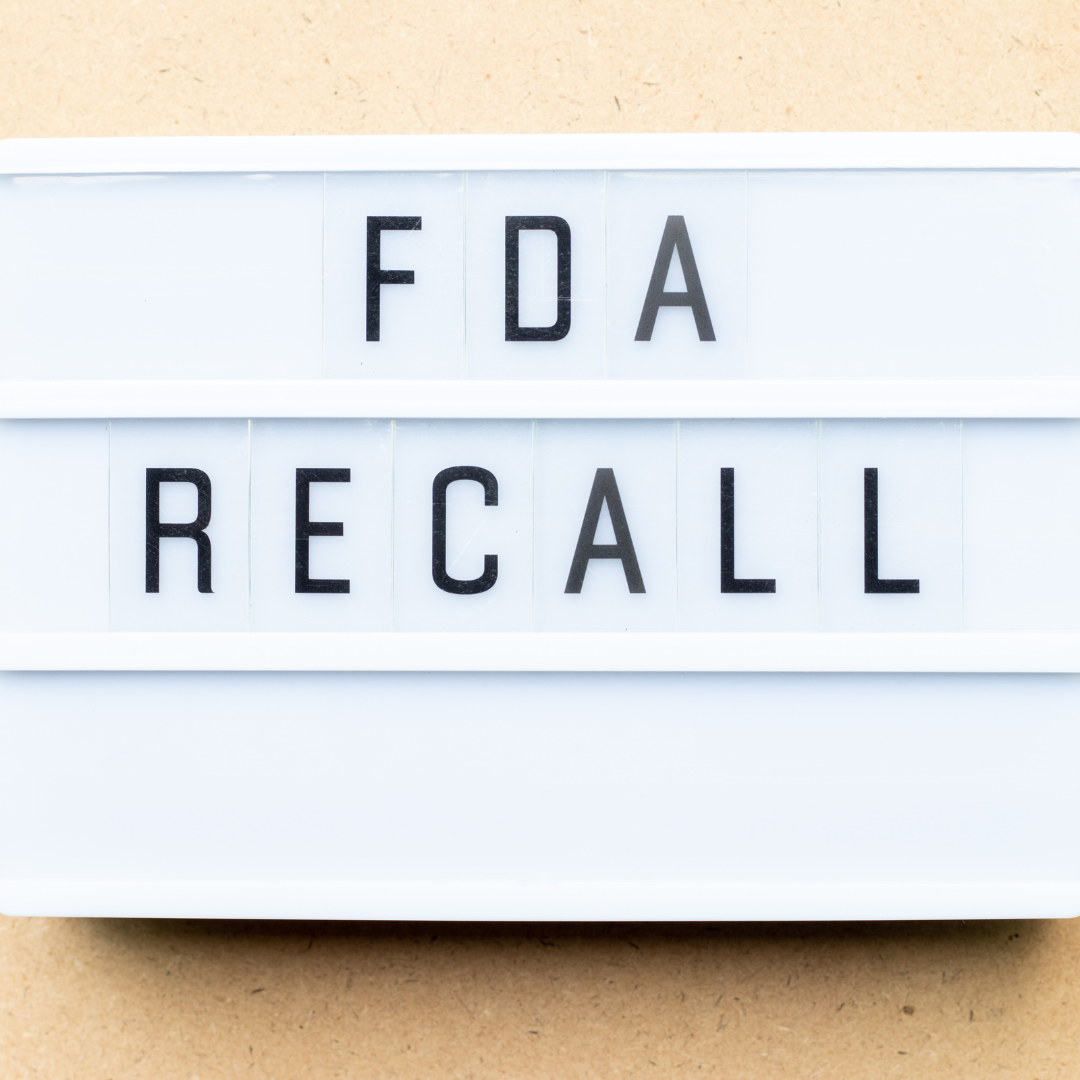Foodborne Pathogens: Why Are Food Recalls Important
Food recalls are an important part of the food safety system. They are issued when a food product is found to be contaminated with a harmful substance, such as a foodborne pathogen. Foodborne pathogens are microorganisms that can cause illness when consumed. Common examples include bacteria like Salmonella, E. coli, and Listeria, as well as viruses like Norovirus and Hepatitis A.
Why Food Recalls Happen
Food recalls can happen for a variety of reasons. Sometimes, contamination occurs during the manufacturing process. This can happen if equipment is not properly cleaned or if raw materials are contaminated. Other times, contamination can occur during distribution or storage. This can happen if food is not stored at the proper temperature or if it is exposed to pests.
The Impact of Foodborne Pathogens
Foodborne pathogens can cause a wide range of illnesses, from mild gastrointestinal upset to serious, life-threatening conditions. Symptoms can include vomiting, diarrhea, abdominal pain, fever, and chills. In some cases, foodborne illness can lead to hospitalization, long-term health problems, or even death.
Protecting Yourself and Your Family
When a food recall is issued, it is important to take it seriously. Do not eat any recalled food. If you have recalled food in your home, throw it away immediately. You should also clean any surfaces that may have come into contact with the recalled food.
Where to Find Information on Food Recalls
There are a number of resources available to help you stay informed about food recalls. You can sign up for email alerts from the FDA or USDA. You can also check the websites of these agencies for the latest recall information. Additionally, many grocery stores and food manufacturers will post recall information on their websites and social media pages.
Here are some additional tips to help you stay safe:
- Always cook food to the proper temperature. This will help to kill any harmful bacteria that may be present.
- Wash your hands thoroughly before and after handling food. This will help to prevent the spread of bacteria.
- Keep your kitchen clean. This will help to prevent cross-contamination.
- Be aware of food recalls. Sign up for email alerts from the FDA or USDA.
By taking these precautions, you can help to protect yourself and your family from foodborne illness.
